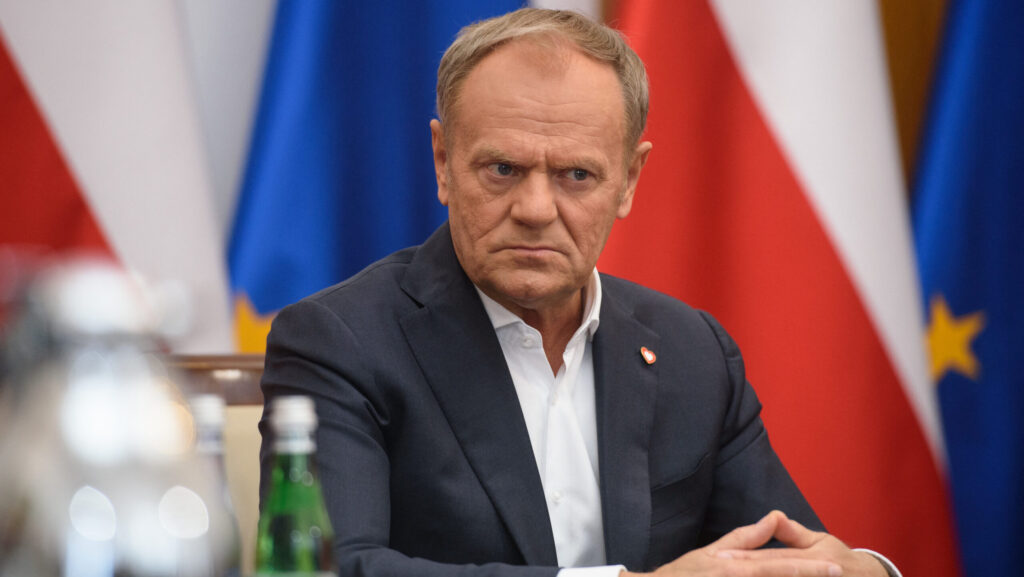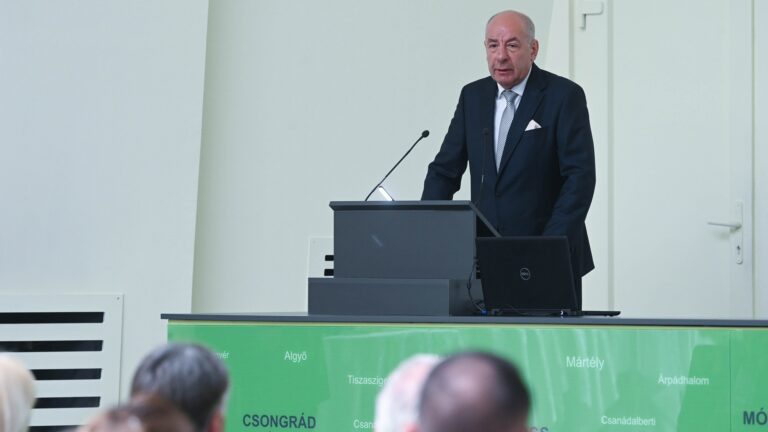Earlier this week, The European Conservative’s website ran an analytical piece by Swedish economist Sven R. Larson, who holds a PhD doctorate from the Danish Roskilde University. In it, the financial expert argues that, despite the constant scrutiny and disparagement coming its way from Brussels, Hungary is actually performing very well in some important economic metrics.
For example, as the author points out,
in 2023, the Hungarian forint increased its exchange rate compared to the euro. In November 2022, €1 was worth 406.16 HUF on the foreign exchange market. In November 2023, it was 379.19 HUF.
The strengthening of the national currency has also helped with inflation in the country—which was outstandingly high compared to the rest of Europe. However, as the Orbán administration predicted, it did go on a downward trend by the end of 2023. It was cut down from 25 per cent in January 2023 to 7.7 per cent in November 2023. Mr Larson also predicts that Hungary’s inflation rate can be as low as 3–4 per cent by the end of the summer.
Hungary also had one of the highest workforce participation rates in the EU in 2023,
as the author highlighted. In fact, it was among the eight countries in the Union with a rate of over 80 per cent in this metric. 80.8 per cent of Hungarian residents aged 20–64 had some sort of employment or entrepreneurship last year.
Mr Larson is attributing this to the fact that the Orbán administration, keeping in line with traditionally right-wing economic policies, kept the total tax collection low compared to the GDP, at around 42–43 per cent of the gross domestic product. In 2016, also under Viktor Orbán’s prime ministership, it was as high as 48 per cent.
The European Conservative on Twitter: “Euros & Dollars: Hungarian Economy Still Standing Strong#Hungary continues to have one of Europe’s strongest economies! @PM_ViktorOrban @BalazsOrban_HU #eurozone #ViktorOrban#Analysis by Sven R. Larsonhttps://t.co/V0m4pmjUJI / Twitter”
Euros & Dollars: Hungarian Economy Still Standing Strong#Hungary continues to have one of Europe’s strongest economies! @PM_ViktorOrban @BalazsOrban_HU #eurozone #ViktorOrban#Analysis by Sven R. Larsonhttps://t.co/V0m4pmjUJI
It is true that the Hungarian economy, just like the Euro Zone itself, is in a recession. The last three quarters have shown a decrease in the country’s GDP. However, there has been a significant slowing down in the shrinking compared to the last two quarters. While in Q2 2023, the GDP decreased by 2.4 percentage points, in Q3 2023, it only decreased by 0.9 points, We will have to wait for the Q4 numbers to come out, but Mr Larson believes the Hungarian economy may has already bottomed out in its downturn.
He concludes his analysis by writing:
‘Overall, the Hungarian economy remains one of the strongest in Europe. The government in Budapest has navigated the economic challenges of the past 10+ years with patience, foresight, and due reliance on both economic experience and economic theory. They deserve much more recognition for this than they get; rather than finding reasons to complain about Hungary, other European countries—and especially the Eurocrats in Brussels—ought to pay Budapest a visit and learn from their success.’
You can read the original article by The European Conservative here.
Related articles:








